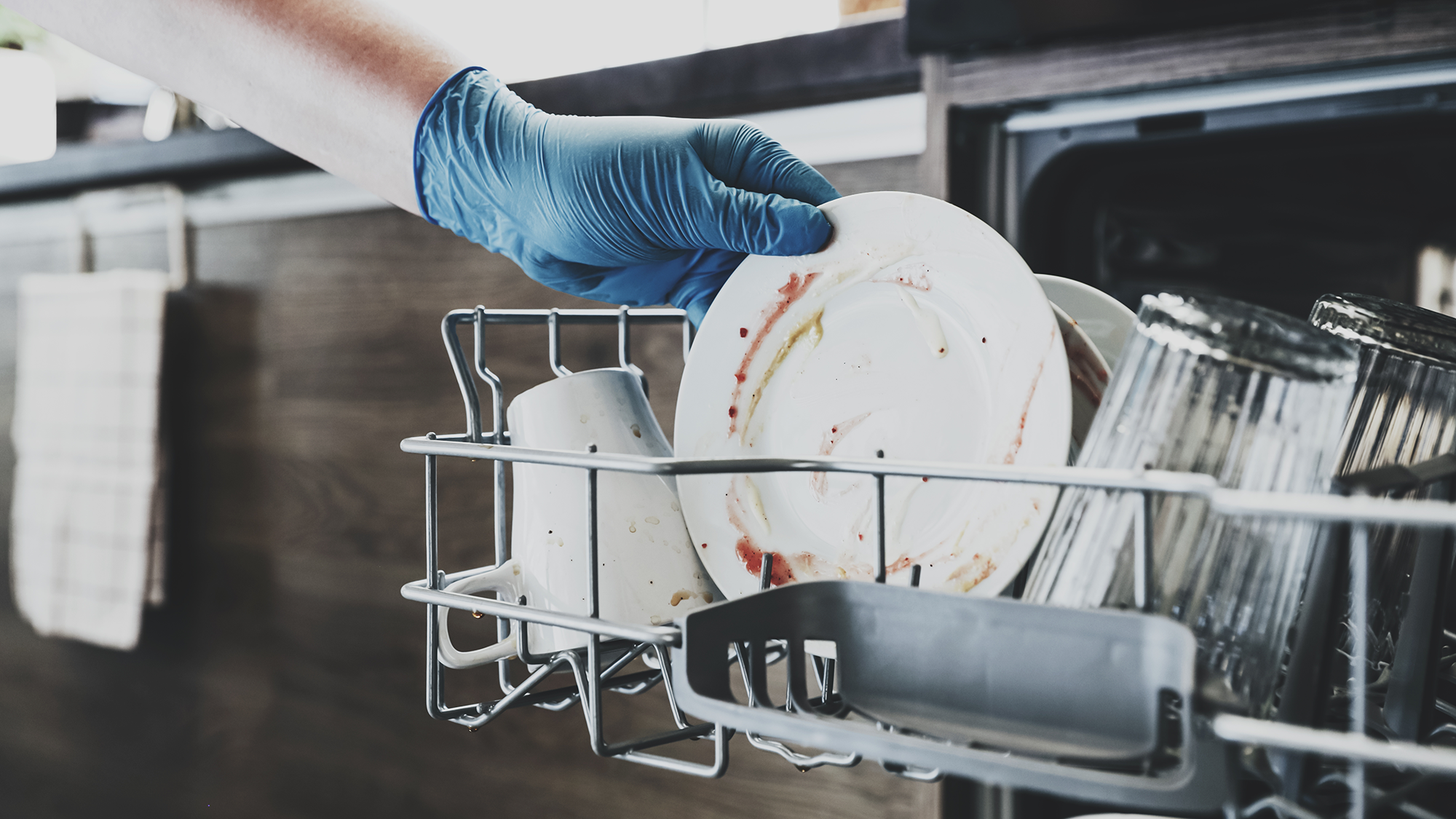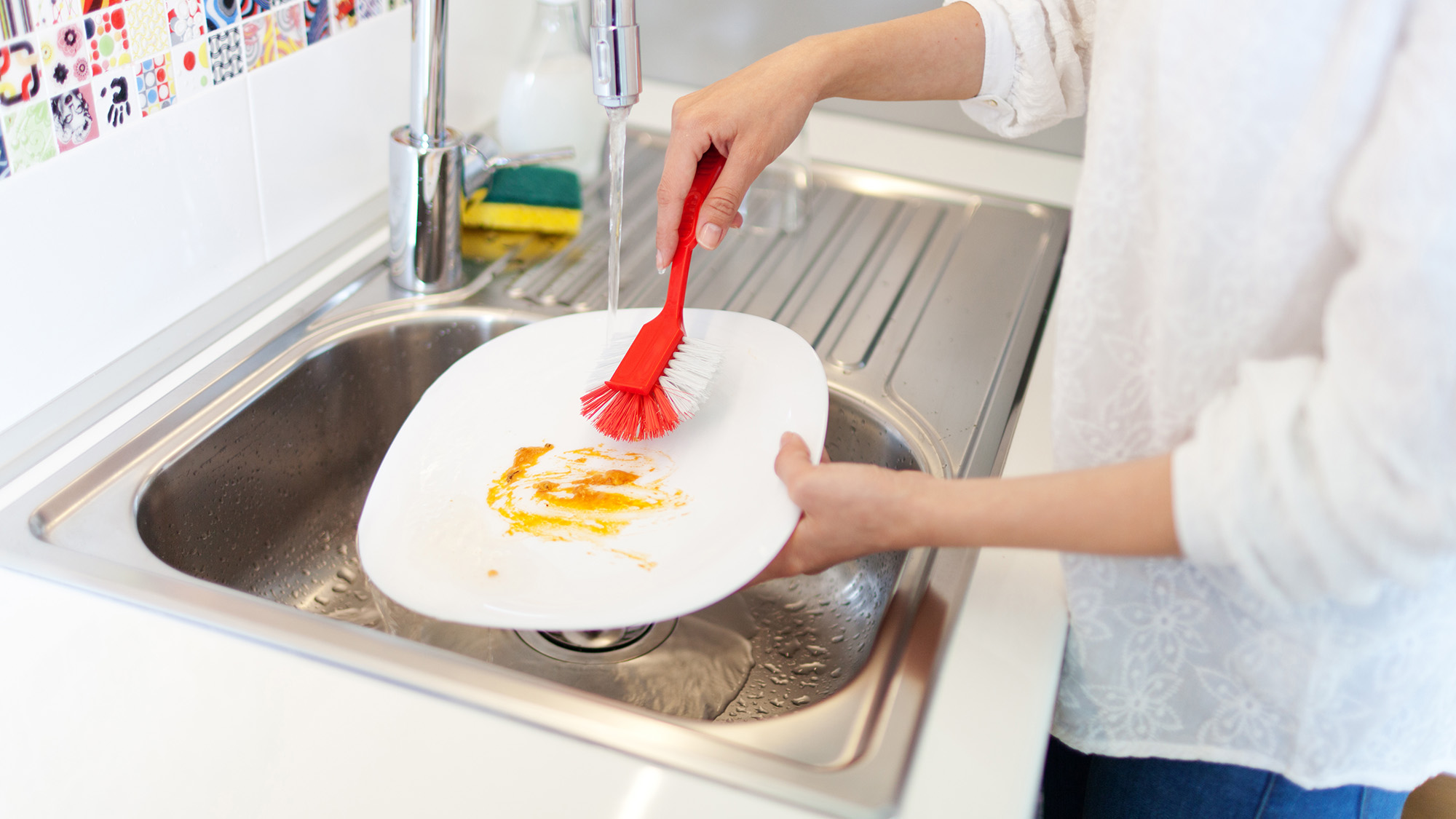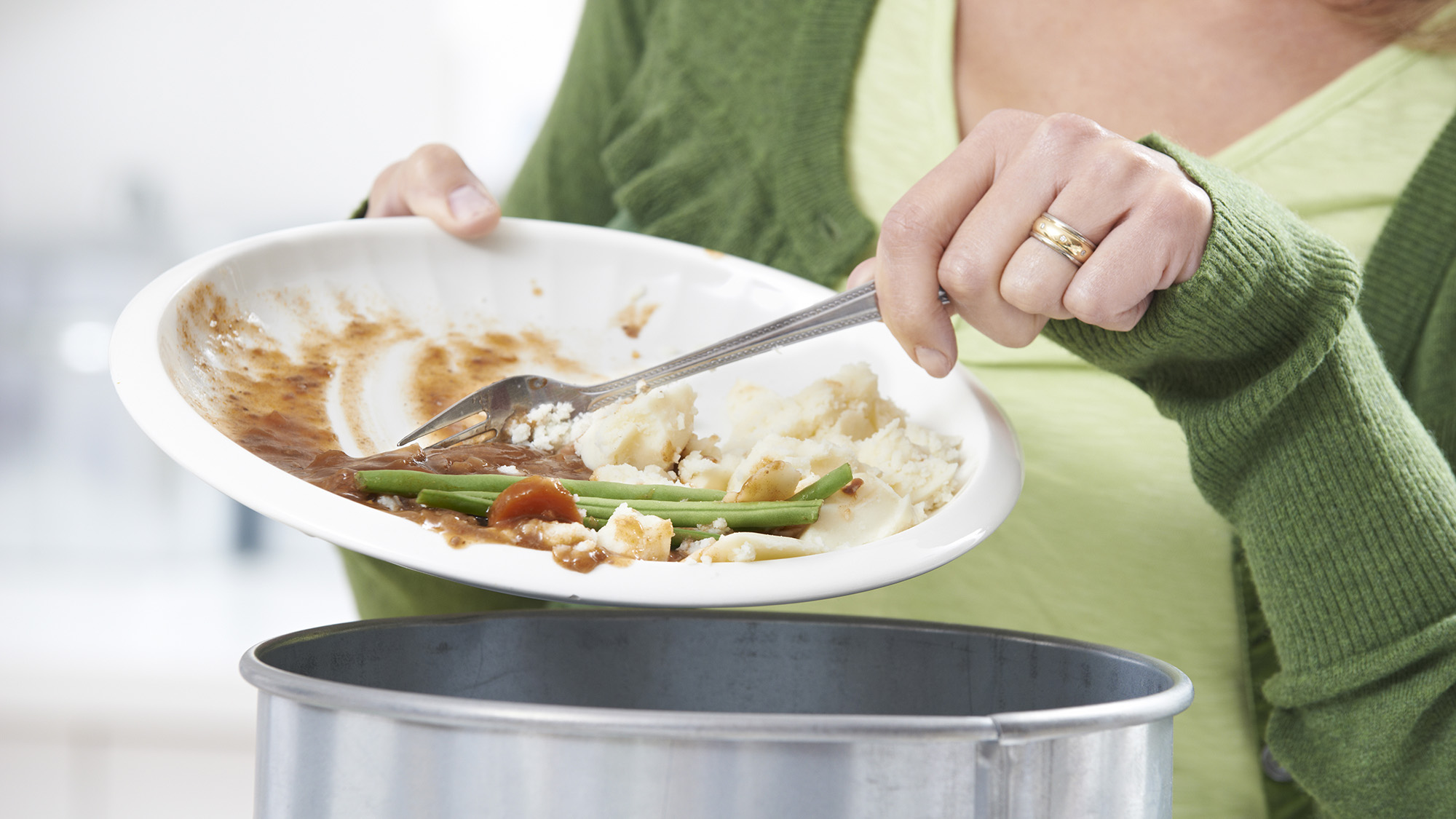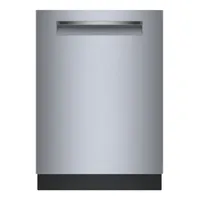Should you pre-rinse before running your dishwasher? Here's what the experts say
It's good news

Here at Tom’s Guide our expert editors are committed to bringing you the best news, reviews and guides to help you stay informed and ahead of the curve!
You are now subscribed
Your newsletter sign-up was successful
Want to add more newsletters?

Daily (Mon-Sun)
Tom's Guide Daily
Sign up to get the latest updates on all of your favorite content! From cutting-edge tech news and the hottest streaming buzz to unbeatable deals on the best products and in-depth reviews, we’ve got you covered.

Weekly on Thursday
Tom's AI Guide
Be AI savvy with your weekly newsletter summing up all the biggest AI news you need to know. Plus, analysis from our AI editor and tips on how to use the latest AI tools!

Weekly on Friday
Tom's iGuide
Unlock the vast world of Apple news straight to your inbox. With coverage on everything from exciting product launches to essential software updates, this is your go-to source for the latest updates on all the best Apple content.

Weekly on Monday
Tom's Streaming Guide
Our weekly newsletter is expertly crafted to immerse you in the world of streaming. Stay updated on the latest releases and our top recommendations across your favorite streaming platforms.
Join the club
Get full access to premium articles, exclusive features and a growing list of member rewards.
The vote is cast and the result is unanimous. Dishwasher and cleaning experts agree that you don’t need to pre-rinse your dishes.
I can almost hear you cheering with delight that there’s one less chore you need to do. After all, the reason behind buying one of the best dishwashers in the first place is to lighten your load.
So, why does the question even arise as to whether you have to rinse your dishes before they are cleaned in a dishwasher? It harks back to older models and previous habits, whereas today, modern dishwashers can take care of all the dirty work.
Busting the pre-rinse myth

“One of the biggest dishwasher myths is that you need to rinse items before loading them. In reality, this uses extra unnecessary hot water and typically won’t improve the results,” says Ian Palmer-Smith, Appliance Repair Expert at Domestic & General.
Pre-rinsing plates is a bit like hand washing your car before taking it to the car wash.
Ian Palmer-Smith, Appliance Repair Expert
“Modern dishwashers use high temperatures designed to break down stubborn stains with little trouble, so pre-rinsing plates is a bit like hand washing your car before taking it to the car wash,” he adds.
I think of it in terms of cleaning your house before the cleaner turns up!
However, whether to pre-rinse or not will depend on the age of your machine. Vanessa Ruiz, professional organizer at Sparky Maid San Antonio, explains, “Pre-rinsing is unnecessary for any machine manufactured in the last 10 years and can reduce cleaning power, as well as result in resource waste.”
Get instant access to breaking news, the hottest reviews, great deals and helpful tips.
Saving the pre-rinse will cut down on water and energy, as touched on above, with Lindsay Zolman, Senior Consumer Analyst at Hisense, saying that it can waste up to 20 gallons of water per load.
Another reason why pre-rinsing is not required is that dishwasher detergent does the work for you. “Most modern detergents are enzyme-based, meaning they actually require a bit of food residue to work properly and effectively break down starches and proteins,” says Scott Schrader, cleaning expert at CottageCare. “If you rinse the dishes clean, the detergent won’t have much or anything to work with; therefore, it will not work as well,” he adds.
And Lindsay Jones, Senior Manager, PR & Brand Experience at Maytag, shares yet another reason why pre-rinsing isn’t advised. “Some dishwashers are equipped with sensors that detect soil level, so pre-rinsing may interfere with sensors and cleaning results.”
Zolman agrees, “If you pre-rinse everything, the machine might assume the load needs only a light wash, which means some items may come out still dirty.”
The good news is that you can skip one step, saving time and energy.
The only occasion when you'll need to pre-rinse is when items have succumbed to burnt-on stains. “Even then,” says Schrader, “a quick soak should be adequate, rather than rinsing the entire item by hand.”
Now we know that pre-rinsing is an outdated habit, we can save time and energy and remove our items from the dishwasher knowing that it has worked effectively.
This Bosch dishwasher delivers across the board, it's quiet to run, has a generous capacity with 16 place settings, and an adjustable third rack. Plus, this Bosch dishwasher is Energy Star certified and you could claim a rebate from your local utility company.
Do you need to scrape your plates?

While pre-rinsing dishes is not recommended, do you still need to scrape your plates?
It seems as if this chore can’t be left to your dishwasher. “You should still scrape off large bits of food like bones, peels, and seeds. These can clog your dishwasher’s filter or reduce cleaning performance. A quick scrape is all you need,” says Zolman.
You should be able to use your initiative to know when a plate needs a quick scrap, and when it can go straight into the dishwasher. But, you'll soon work out if you're not scraping your plates sufficiently as you'll notices small items stuck in the water jets of the spray arms. A common item I find is pine nuts and grains.
Cleaning up
Apart from skipping the pre-rinse, Ruiz says you'll get the best cleaning performance from a high-quality detergent, properly loaded dishwasher, scraping off food debris, and always following the instructions for your machine.
You might also be interested in I asked dishwasher experts for the best product to clean my dishes — and there’s one thing they wouldn’t recommend.
Follow Tom's Guide on Google News and add us as a preferred source to get our up-to-date news, analysis, and reviews in your feeds. Make sure to click the Follow button!
More from Tom's Guide
- What is a ‘third rack’ in a dishwasher and is it worth it?
- 7 ways to improve your dishwasher’s performance
- Hygiene experts warns of the dangers of using the ‘eco’ cycle on your dishwasher

Camilla is the Homes Staff Writer and covers everything to do with homes and gardens. She has a wealth of editorial experience, mounting over 30 years, and covers news and features, tests products for reviews and compiles buying guides.
Her work has appeared in business and consumer titles, including Ideal Home, Real Homes, House Beautiful, Homebuilding & Renovation, and Kitchen & Bathroom Business. She’s even appeared on the cover of Your Home, writing about her own house renovation.
Although she’s obsessed with decorating her home, she also enjoys baking and trying out the latest kitchen appliances. But when she’s not inside, you’ll find her pottering about in her yard, tending to her vegetable patch or taking in her prized hydrangeas.
You must confirm your public display name before commenting
Please logout and then login again, you will then be prompted to enter your display name.
 Club Benefits
Club Benefits






